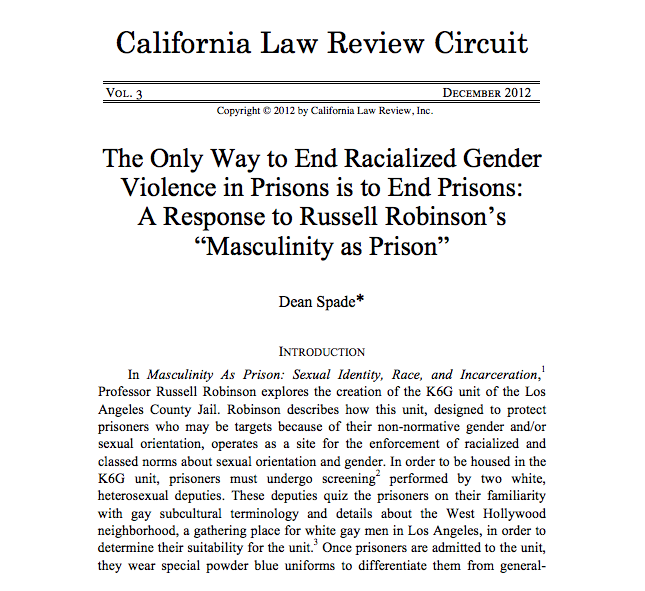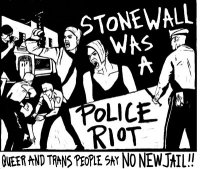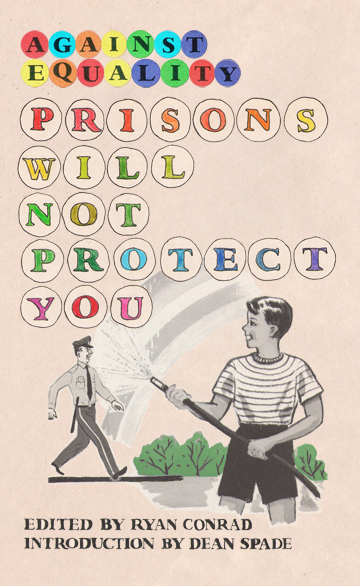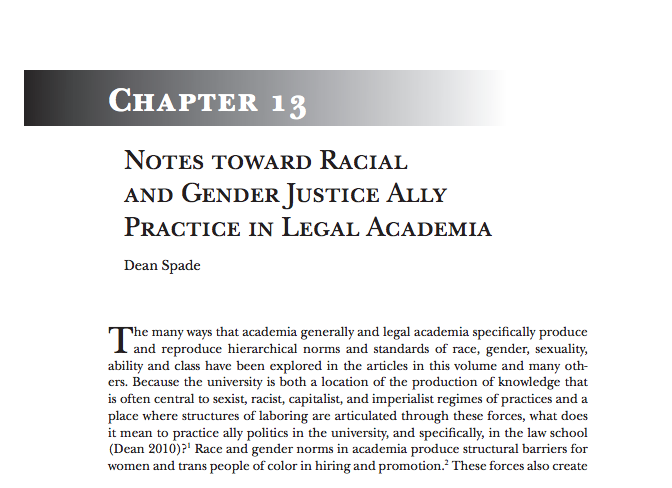The Circuit, which is the online journal of the California Law Review, just published a response piece I wrote. I responded to an article that Prof. Russell Robinson wrote about the K6G unit at the Los Angeles County Jail, which is a unit designated for trans women and queer men. In my response, I suggest that the K6G unit, which was developed after a lawsuit brought on behalf of queer prisoners but has utterly failed to protect them, is a clear example of why we need prison abolition scholarship and politics in order to sufficiently analyze and confront the violence faced by queer and trans prisoners.






